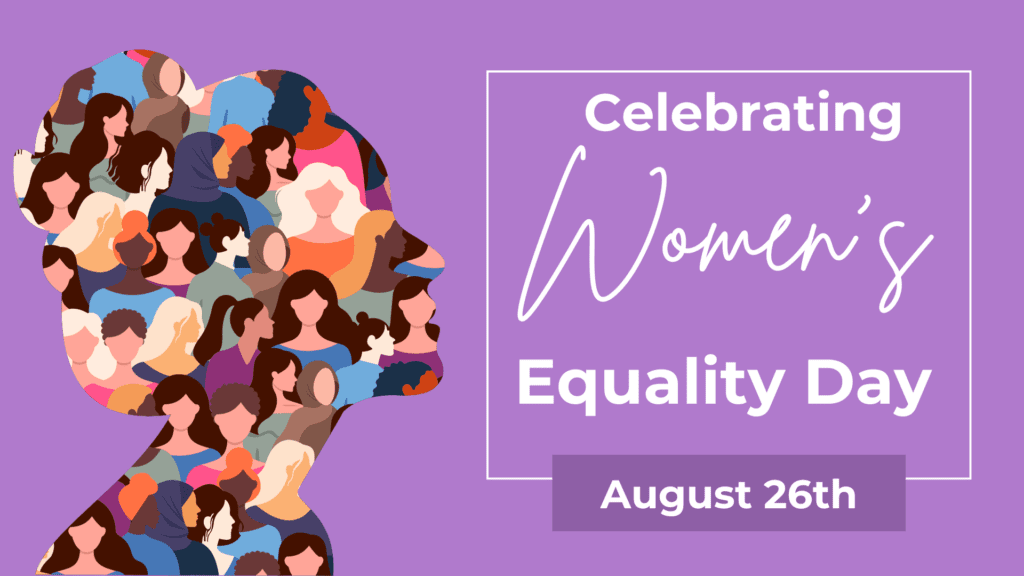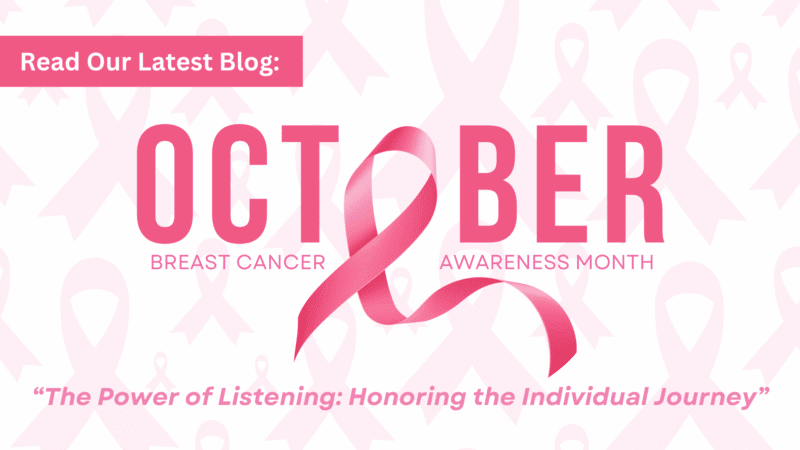
Women’s Equality Day, observed on August 26th, marks a significant milestone in the fight for gender equality in the United States. It commemorates the certification of the 19th Amendment in 1920, which granted white women the right to vote. For many women of color, the right to vote would later be secured in the Voting Rights act of 1965.
This day not only honors the suffragists who fought tirelessly for this right but also serves as a reminder of the ongoing struggle for gender equality. As we reflect on the history of Women’s Equality Day, it’s essential to recognize how empowerment at personal, local, and national levels can drive meaningful change.
The History of Women’s Equality Day
The suffrage movement was a decades-long battle that involved countless marches, protests, and acts of civil disobedience. Leaders like Susan B. Anthony, Elizabeth Cady Stanton, and Sojourner Truth played pivotal roles in pushing for this fundamental right, despite facing immense opposition.
Their efforts culminated in the passage of the 19th Amendment, ratified on August 18, 1920, and formally certified on August 26th. This amendment was a monumental victory, yet it was just the beginning. The fight for equality has continued over the decades, with women advocating for equal pay, reproductive rights, and protection against discrimination.
In 1971, Congress officially recognized August 26th as Women’s Equality Day, thanks to the efforts of Representative Bella Abzug, a trailblazing advocate for women’s rights. This day was designated not only to celebrate the 19th Amendment but also to highlight the ongoing efforts to achieve full gender equality.
Empowerment on a Personal Level
Women’s Equality Day represents a movement of empowerment. On a personal level, empowerment means giving women the confidence, knowledge, and resources to pursue their goals. Whether it’s through education, mentorship, or simply encouraging women to speak up and take on leadership roles, personal empowerment is the foundation of broader societal change.
Today, women are increasingly breaking barriers in fields once dominated by men. From STEM to entrepreneurship, women are proving that they belong in every sphere. Yet, personal empowerment goes beyond professional achievements. It also involves empowering women to make choices about their own lives, bodies, and futures, free from societal constraints and expectations.
Building Up Communities
Grassroots organizations, community centers, and local governments can create environments where women feel supported and valued. This might involve offering workshops on financial literacy, providing access to affordable childcare, or creating networks for women to connect and collaborate.
Empowering women at the community level is particularly important for marginalized women, including women of color, LGBTQ+ women, and women in rural areas. By addressing the unique challenges these women face, local initiatives can help bridge the gap and ensure that all women have the opportunity to succeed.
Community-based health services can provide crucial support for women’s health, ensuring they have access to the care they need. These efforts not only empower individual women but also strengthen the community as a whole.
Change Through Policy
While personal and local empowerment are vital, national policies are crucial for creating systemic change. Policies that promote gender equality, protect against discrimination, and ensure equal opportunities are essential for achieving true equality.
Over the years, there have been significant strides in policy. The Equal Pay Act of 1963 aimed to abolish wage disparity based on gender. Title IX, passed in 1972, prohibits sex-based discrimination in any education program receiving federal funding. The Violence Against Women Act, enacted in 1994, provides resources for victims of domestic violence, sexual assault, and stalking.
However, the work is far from over. The fight for reproductive rights, paid family leave, and gender parity in leadership positions continues. National policies must evolve to address the changing needs of women and ensure that they have the support they need to thrive.
Looking Forward
Women’s Equality Day is a time to celebrate the progress that has been made and to recognize the work that still lies ahead. Empowering women on all levels is key to achieving true equality. As we commemorate the suffragists who fought for our rights, let’s also commit to continuing their legacy by empowering women in every aspect of society.




